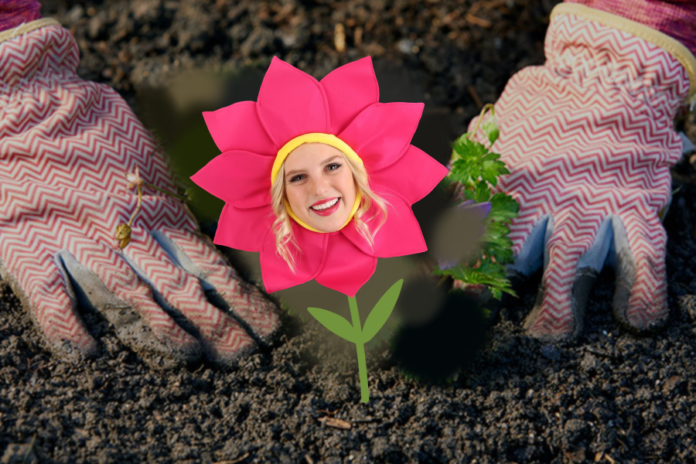UC Davis conducted a survey that suggests increasing the number of green spaces for urban farming can be helpful
By MONICA MANMADKAR — science@theaggie.org
Gardening has always been a refuge for people to rely on in moments of crisis, and the COVID-19 pandemic was not dissimilar. In a global survey conducted by UC Davis and UC Agriculture and Natural Resources (UC ANR), researchers collected stories from old and new gardeners who looked at the green spaces around them to find comfort from stress and escape the barrage of negative news from the media.
In uncertain times dominated by lockdowns and deaths, gardening and plants have provided certainty and a positive daily routine for many. According to the survey, people who never gardened before tried to give it a shot and enjoyed it. Experienced gardeners felt that their lifetime passion offered a reliable way out the pandemic.
The survey found that gardeners valued many things about their gardens. For many, gardening was therapeutic, offering a reprieve from the stress of the pandemic. Other gardeners observed that their gardens had become a place where they could safely socialize.
“Sometimes family members who hadn’t been interested in gardening before, now joined in caring for the garden,” said Lucy Diekmann, an urban agriculture and food systems advisor with UC ANR who helped write the report, via email. “For others, gardens became a place to engage with neighbors, and food production was another common theme, with gardeners interested in growing more food for themselves and to share with their communities.”
Diekmann explained how the members of their research team were curious about the apparent boom in gardening in the very early months of the pandemic.
“We pulled together quickly to develop a survey that we hoped would capture a broad snapshot of gardeners’ experiences in the pandemic and give us a better understanding of the pandemic gardening phenomenon,” Diekmann said. “As researchers, each of us had studied different aspects of gardening before — its impacts on health, food security, social connection — and we were also curious to see how these aspects of gardening played out in the context of a global pandemic.”
Alessandro Ossola, an assistant professor of urban plant sciences in the Department of Plant Science at UC Davis, explained the main three results from the social survey. First, most respondents were middle-aged females from an educated background. However, many young people tried to garden for their first time, suggesting that urban agriculture still has the potential to entice younger generations.
“Unfortunately, people from more disadvantaged backgrounds did not reply to the survey, possibly because they did not engage with gardening or because [they] were worried about how to find jobs during layoffs,” Ossola said via email.
Second, the researchers found that the most important reasons for gardening were to better connect with nature and escape from daily stress. The garden became “a refuge, where even birds felt louder,” as put by one of the respondents.
Connection to nature, relaxation and stress relief were by far the biggest reasons gardeners cited. Some of them did this alone in their backyards and balconies. Others saw gardening as an opportunity to socialize and connect safely in community and allotment gardens. In several instances, people reported that they convinced family members and friends to try gardening in a sort of collective movement and shared positive experiences to cope with the COVID uncertainties.
Third, a few gardeners were moved by altruistic reasons. As stated by a home gardener from Stockton, CA, “since I have five acres, I realized that I could supply some food needs for my community, if there was a great need for it. I never really thought about doing that before.” Ossola detailed how the pandemic changed people often in positive ways and gardening enabled that.
“Our findings reinforce recent research evidence on the incredible benefits that urban nature and greenspaces can have on individuals and communities; personal well-being, public health benefits and environmental awareness,” Ossola said.
Given the benefits of gardening for health and wellbeing, the researchers hope that this study will encourage local governments, nonprofit organizations and others to improve access to gardens by offering space and support for gardening. Access to green space broadly speaking is often unequal, so using an equity lens to expand gardening opportunities is especially important.
“As the end of COVID is hopefully approaching, it [is] still difficult to predict what will happen to gardening once people get back to their busy lives,” Ossola said.
Written by: Monica Manmadkar — science@theaggie.org




